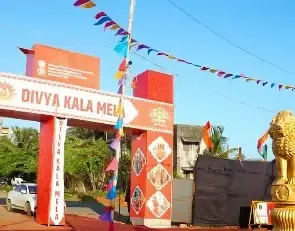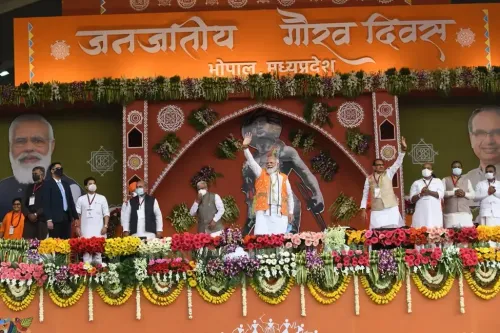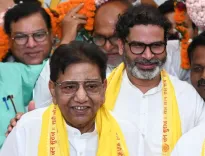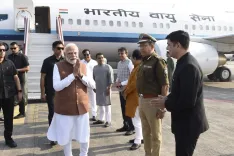Why does Bhutan PM Tshering Tobgay advocate for UNSC reform?
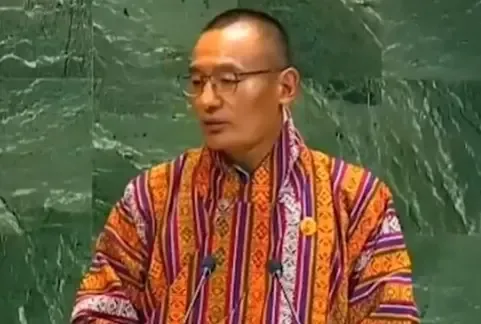
Synopsis
Key Takeaways
- Bhutan supports UNSC reform for modern representation.
- India and Japan are advocated for permanent memberships.
- The current UNSC is seen as outdated.
- Results-oriented multilateralism is essential.
- Global consensus is growing for a more inclusive governance framework.
New York, Sep 27 (NationPress) In a pivotal address during the 80th session of the United Nations General Assembly (UNGA), Bhutan’s Prime Minister Tshering Tobgay reaffirmed his nation's unwavering commitment to a thorough overhaul of the United Nations Security Council (UNSC). He strongly advocated for the addition of India and Japan as permanent members, emphasizing the necessity to align with modern global realities.
In his speech, Prime Minister Tobgay highlighted the importance of transforming the United Nations into an entity that is not just representative but also effectively action-oriented.
He remarked: "Bhutan envisions a United Nations that is representative, responsive, and effective. We strive for multilateralism that produces tangible outcomes, not merely resolutions. This is why Bhutan supports the reform of the United Nations, particularly the Security Council, to broaden both its permanent and non-permanent memberships. A reformed Security Council must encompass deserving nations like India and Japan, alongside other capable and influential countries, to reflect today’s intricate realities."
This endorsement is not new; Prime Minister Tobgay has consistently expressed support for India’s aspiration for a permanent seat at the UNSC. In his earlier remarks, he pointed to India’s dynamic economic development, diplomatic leadership, and growing influence in the Global South as compelling reasons for its inclusion in a restructured Security Council.
Bhutan has been a vocal proponent for UNSC reforms, characterizing the current framework as outdated and unrepresentative. Tobgay reiterated this stance in previous declarations, stating that the Security Council, in its existing form, is “a relic of the past” and necessitates an update to keep pace with "the current geopolitical and economic landscape."
“The United Nations must adapt to the realities of today’s world. As it stands, the Security Council is a remnant of history. We require a Council that mirrors the current geopolitical and economic landscape. Bhutan has consistently championed the reform of the Security Council to enhance its representativeness and effectiveness," he had previously asserted.
By renewing his appeal for reforms and supporting nations like India and Japan, Tshering Tobgay has amplified Bhutan’s voice in the growing global demand for a more equitable and inclusive governance framework.

